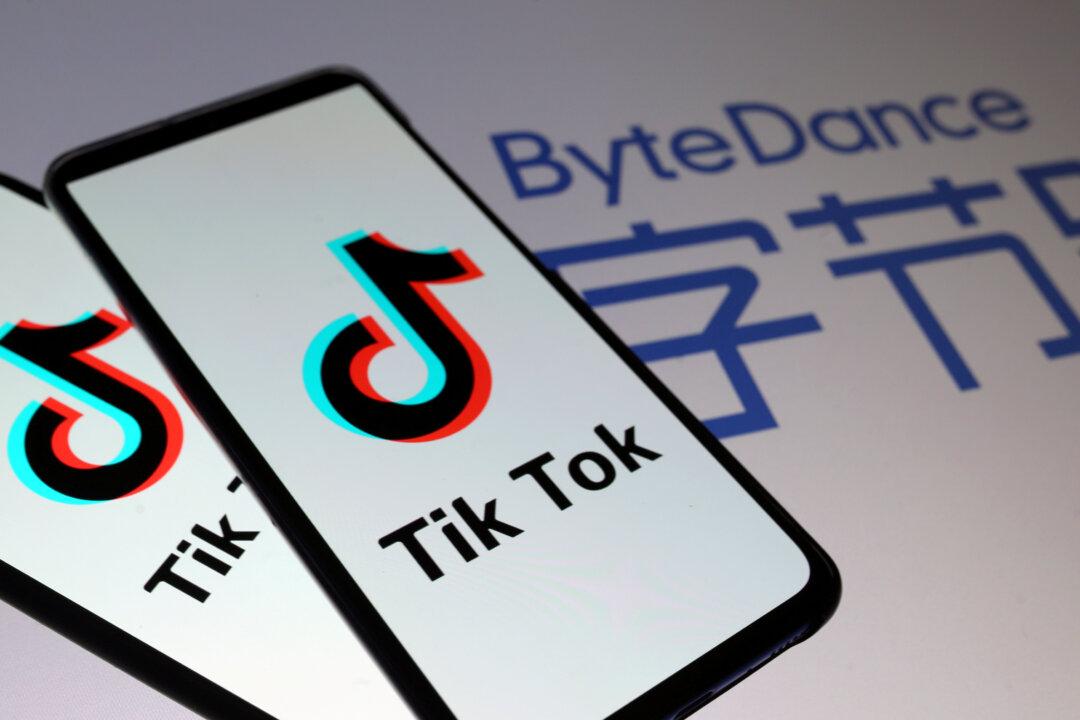The Amsterdam-based Market Information Research Foundation (SOMI) sued the video-sharing platform TikTok on behalf of 64,000 Dutch parents, seeking 1.4 billion euros (about $1.7 billion) for allegedly collecting data from millions of children.
Meanwhile, TikTok has updated its privacy policy in the United States with regard to collecting personal data such as facial and voice recognition.




